Thinking about a career change or looking to upskill in a rewarding field? The Vocational Education and Training (VET) sector is the perfect place! Skills NSW reports a growing demand for skilled trainers and assessors, crucial in equipping future generations with the skills they need to land their dream jobs.
Intrigued by the idea of shaping future careers? The Diploma of Vocational Education and Training (DVET) could be your perfect stepping stone! This blog dives deep into everything you need to know about this qualification and how it can open a fulfilling career path in the dynamic world of VET.
What is the Diploma of Vocational Education and Training (DVET)?
The Diploma of Vocational Education and Training (DVET), also known as TAE50122, is a nationally recognised qualification that sits proudly at Level 5 of the Australian Qualifications Framework (AQF). Think of the AQF as a ladder representing different levels of education in Australia. Level 5 signifies a qualification requiring advanced skills and knowledge in a specific field. It typically takes 1-2 years to complete and caters to experienced professionals or career changers seeking entry into the rewarding field of VET. Training.gov
Who is This Qualification Designed For?
The DVET is a perfect fit for two main groups:
Experienced Professionals: If you've already been working in VET-related roles, perhaps as a trainer, assessor, or instructional designer, the DVET can help you formalize your skills and knowledge, opening doors to career advancement opportunities.
Career Changers: Maybe you're passionate about a particular industry and want to transition into a rewarding career as a VET trainer or assessor. The DVET equips you with the essential skills and knowledge to make that switch.
The Australian Skills Quality Authority (ASQA) highlights the importance of trainers and assessors possessing a strong foundation in vocational education and training principles. The DVET provides a comprehensive learning experience that prepares you to excel in this dynamic and exciting field.
Key Skills & Knowledge Gained
The Diploma of Vocational Education and Training (DVET) provides you with the skills and knowledge you need to excel in this rewarding field. But what exactly will you learn? Let's learn about some key areas:
Assessment Expertise
Think of assessments as the measuring stick for student learning. The DVET program sharpens your skills in:
Assessment Design: You'll learn how to craft effective assessments that accurately measure a student's competency in specific skills and knowledge areas. This includes creating various assessment tools like written tests, practical tasks, and portfolios.
Assessment Delivery: You'll develop the skills to effectively deliver assessments, ensuring a fair and consistent experience for all students. This could involve conducting practical demonstrations, invigilating exams, and providing clear instructions.
Assessment Validation: The DVET program teaches you how to validate assessments, ensuring they meet industry standards and accurately reflect student competency.
Bridging Theory & Practice: Adult Learning Principles
Adults learn differently! The DVET program talks about the world of adult learning principles, helping you understand:
Learning Styles: You'll explore different learning styles (visual, auditory, kinesthetic) and how to cater to diverse learners in your training sessions.
Engagement Strategies: Keeping adult learners engaged is key. The DVET program supplies you with effective strategies to make learning interactive, stimulating, and relevant to your needs.
Effective Communication: Clear and concise communication is crucial. You'll learn to provide constructive feedback, facilitate discussions, and create a positive learning environment for your students.
Industry Knowledge:
The beauty of the VET sector is its massiveness! The DVET program provides a solid foundation in vocational education principles. However, to truly excel, consider specializing in a specific industry:
Explore Options: The Jobs and Skills Australia is a great resource for exploring current and emerging skills in demand across various industries.
Customize Your Learning: Many DVET programs offer electives or specializations in areas like business, healthcare, aged care, or information technology. This allows you to customise your learning to your chosen field.
Career Opportunities with a DVET
So you've set your sights on a rewarding career in VET – fantastic choice! With a Diploma of Vocational Education and Training (DVET), you'll open a world of diverse opportunities where you can make a real impact. Let's explore the exciting landscape of career paths that await you:
Diverse Work Settings:
The beauty of a DVET qualification is its diversity. Here are just a few of the settings where you could find yourself:
Registered Training Organisations (RTOs): This is the classic path for many DVET graduates. RTOs deliver a wide range of VET programs, and you could find yourself training the next generation of chefs, mechanics, electricians, or countless other professionals. You can consider Learning Options
Private Training Providers: The private sector also offers a wealth of opportunities. Here, you might specialize in delivering corporate training programs for businesses looking to upskill their staff or work with specific industry groups.
Corporate Training Departments: Many large organizations have dedicated training departments where you can develop and deliver in-house training programs for their employees.
Job Titles & Roles:
With your DVET qualification, you could find yourself in a variety of exciting roles, including:
Vocational Trainer: You'll be the expert in the classroom, guiding students through the intricacies of their chosen field, both theoretically and practically. An entry-level vocational trainer (1-3 years of experience) earns an average Salary of $76,703. On the other end, a senior-level vocational trainer (8+ years of experience) earns an average salary of $131,974.
Assessor: Ensuring competency is crucial – as an assessor, you'll evaluate students' skills and knowledge to ensure they meet industry standards. The average annual salary for Assessor jobs in Australia ranges from $90,000 to $95,000.
Instructional Designer: Do you have a passion for creating engaging learning experiences? Instructional designers craft curriculum materials, presentations, and online learning resources to make the learning process interactive and effective. The average annual salary for Instructional Designer jobs in Australia ranges from $90,000 to $110,000.
These are just a taste of the possibilities. As the VET sector continues to evolve, new and exciting roles are constantly emerging.
Career Growth:
The interest in a DVET doesn't stop at entry-level positions. Here are some ways you can progress in your career:
Specialization: Gain in-depth knowledge of a specific industry and become a sought-after expert in your field.
Leadership Roles: Move into management positions, overseeing training teams or leading curriculum development.
Consulting: Offer your expertise to businesses and organizations as a freelance VET trainer or consultant.
The possibilities for growth are endless! With your DVET qualification and a passion for learning, you can create a long and fulfilling career path in the dynamic world of VET.
Structure & Delivery of a DVET Program
Program Duration & Delivery Options
The DVET program is designed to supply you with the knowledge and skills to become a confident and effective VET trainer or assessor. The program duration typically ranges from one to two years, depending on your chosen delivery mode. Here are some common options:
Full-Time: This intensive option involves attending classes most weekdays, allowing you to complete the program quickly.
Part-Time: Perfect for those juggling work or other commitments, part-time programs spread the coursework over a longer period.
Online or Blended Learning: For flexibility, some RTOs offer online delivery with occasional face-to-face workshops or practical sessions.
Building Your Expertise: Units of Competency
The DVET program is structured around Units of Competency, which are nationally recognized benchmarks outlining the specific skills and knowledge a vocational trainer or assessor needs to possess. Think of them as building blocks – by mastering these units, you'll gain a comprehensive understanding of the VET sector and your role within it.
Here's a quick breakdown of Units of Competency according to the Australian Skills Quality Authority (ASQA):
Design and develop assessment tools: Learn how to create effective assessments that accurately measure student competency.
Deliver and facilitate training: Gain the skills to deliver engaging and interactive training sessions for adult learners.
Assess competency: Develop your ability to assess student performance fairly and accurately using various methods.
Manage training and assessment processes: Master the tools and techniques for managing the overall training and assessment delivery process.
Demonstrating Your Skills: Assessment Methods
To showcase your mastery of the Units of Competency, you'll be assessed through a variety of methods:
Written Assignments: These may involve case studies, reflective journals, or essays demonstrating your understanding of key concepts.
Presentations: You might be required to deliver presentations on specific training topics, honing your communication and presentation skills.
Practical Demonstrations: The program may involve practical scenarios where you showcase your ability to design, deliver, and assess training activities.
Portfolio Development: Building a portfolio throughout the program allows you to document your skills and experience, showcasing your learning journey.
Benefits of Completing a DVET
Let's delve into some of the key benefits that await you upon graduation.
1. Increased Earning Potential:
Let's face it, financial security is important. Compared to entry-level VET roles, a DVET qualification can open doors to higher earning potential. The Labour Market Insights provides salary information for various VET trainer and assessor roles. Remember, with experience and career progression, your earning potential can continue to grow.
2. Career Advancement & Security:
A DVET qualification is like a ticket to a world of career opportunities in the dynamic VET sector. Job security is also a major perk. Skilled trainers and assessors are in high demand, and this demand is expected to continue growing as the need for a skilled workforce in Australia remains a top priority.
3. Make a Difference:
Think about the impact you could have! As a VET trainer or assessor, you'll play a crucial role in equipping future generations with the skills and knowledge they need to succeed in their chosen careers. The satisfaction of contributing to the development of a skilled workforce is a truly rewarding aspect of a career in VET.
Beyond the Tangible Benefits:
There's more to a DVET qualification than just financial rewards and job security. Imagine the personal satisfaction of:
Working in a dynamic environment: The VET sector is constantly growing, so you'll always be learning and adapting.
Building meaningful relationships: You'll connect with students from diverse backgrounds and help them achieve their learning goals.
Being a lifelong learner: The world of work is constantly changing, and a DVET qualification prepares you to stay ahead of the curve.
Considering a DVET? Here's What You Need to Know:
let's explore some key things to consider to ensure a smooth and successful journey.
Entry Requirements:
Most DVET programs typically have some entry requirements to ensure you're well-equipped for the challenges ahead. Here's a breakdown of some common requirements:
Relevant Industry Experience: Having experience in your chosen field is valuable. This experience allows you to connect theoretical knowledge with real-world scenarios and contribute rich insights during your studies. The specific experience requirements may vary depending on the program and the industry you're targeting.
Trainer Assessor Course: TAE40122 Certificate IV in Training and Assessment: This nationally recognized qualification provides a solid foundation in the fundamentals of assessment and delivery in the VET sector. Certificate IV provides you with the skills to design and deliver assessments, write learning materials, and apply adult learning principles – all essential skills for a successful DVET journey.
Choosing a Registered Training Organisation (RTO):
The Registered Training Organisation (RTO) you choose to deliver your DVET program plays a crucial role in your learning experience. Here are some tips for selecting a reputable RTO:
Check their Registration: Make sure the RTO is registered with the Australian Skills Quality Authority (ASQA).
Reputation & Industry Recognition: Research the RTO's reputation and industry recognition. Look for RTOs with a strong track record of delivering high-quality VET programs and positive graduate outcomes.
Course Delivery & Support: Consider the delivery format (online, blended learning, etc.) and support services offered by the RTO. Ensure the delivery method aligns with your learning style and that the RTO provides adequate support throughout your studies.
Funding Options:
The good news is that there are several potential funding options available to help you manage the cost of your DVET program. Here are a few possibilities:
Government Subsidies: The Australian Government offers various VET funding initiatives. You can explore your eligibility on the Skills Australia website [invalid URL removed].
Employer-Sponsored Training: Many employers value their employees' professional development and may offer financial assistance for VET programs relevant to their industry needs. Discuss this possibility with your employer.
FEE-HELP: The Australian Government's FEE-HELP loan program allows eligible students to defer their tuition fees until after they reach a certain income threshold. You can find more information on the ATO website [invalid URL removed].
By exploring these financing options, you can make the investment in your DVET more accessible.
Choosing the Right RTO Matters Beacuse…
The quality of your DVET program significantly impacts your learning experience and career prospects. Look for RTOs with a strong reputation, experienced trainers, and a program that emphasizes practical skills development and industry-relevant knowledge.
Let Learning Options Be Your Partner in Success
Learning Options offers a nationally recognized Diploma of Vocational Education and Training program delivered by experienced trainers with industry expertise. Our program emphasizes the development of practical skills and industry-relevant knowledge, ensuring you graduate confident and prepared for success in the VET sector.
Want to further specialize in crafting engaging and effective training programs? Our Diploma of Training Design and Development prepares you with the advanced skills you need to excel in this area.
Don't wait – take charge of your future and explore the rewarding world of VET training. Contact LOP Training today and let's discuss how we can help you achieve your career goals!
Considering a career change or looking to take your existing VET skills to the next level?
Learning Options has you covered!
FAQ
What are the VET sector qualifications?
Answer: Vocational Education and Training sector degrees range from Level 1 - Certificate I to Level 10 - Ph.D., a university level.
Is vocational education equivalent to higher education?
Answer: Higher education is also provided by college-level institutions such as vocational schools, trade schools, and other professional colleges.
What is the distinction between VET qualifications and higher education qualifications?
Answer: Universities and VET providers both give qualifications that are nationally (and frequently internationally) recognized. Although there is significant overlap across degree levels, VET certificates are designed to give a practical, work-oriented skill set. There are also distinctions in the grading and assessment processes, with VET degrees employing competency-based assessment and Higher Education qualifications relying on grading.
Is a diploma equivalent to higher education?
Answer: A diploma can be studied as vocational training or as a higher education certificate, and you will receive information that you can immediately apply for the job. A diploma at university is a certificate in and of itself, but it may also be used to progress to a bachelor's degree and beyond.
Is there a graduate diploma in the higher education sector?
Answer: Higher education providers give qualifications that range from undergraduate awards - bachelor degrees, associate degrees, and advanced diplomas to postgraduate awards - graduate certificates and diplomas, master's and doctorate degrees.
What is the purpose of vocational learning?
Answer: Vocational objectives are those that assist people attain employability in jobs that are compatible with their talents, interests, limits, and ambitions. Vocational objectives may include the abilities required to get work, keep a job, or accomplish certain job-related duties.






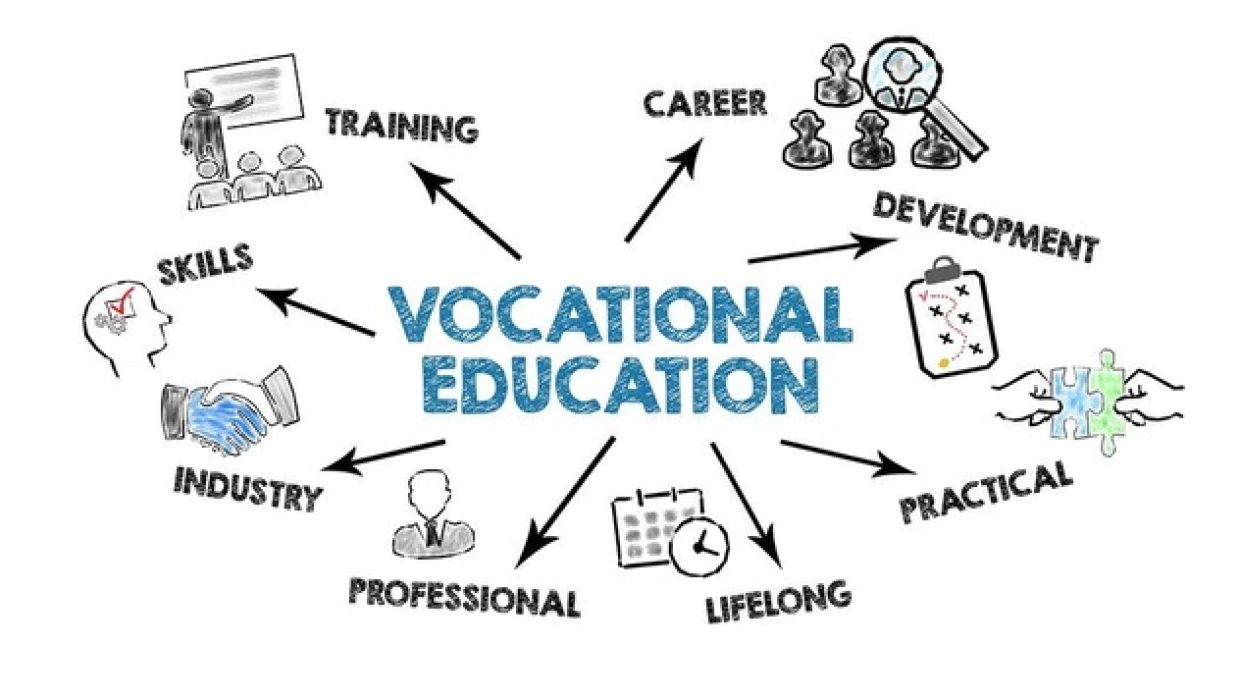




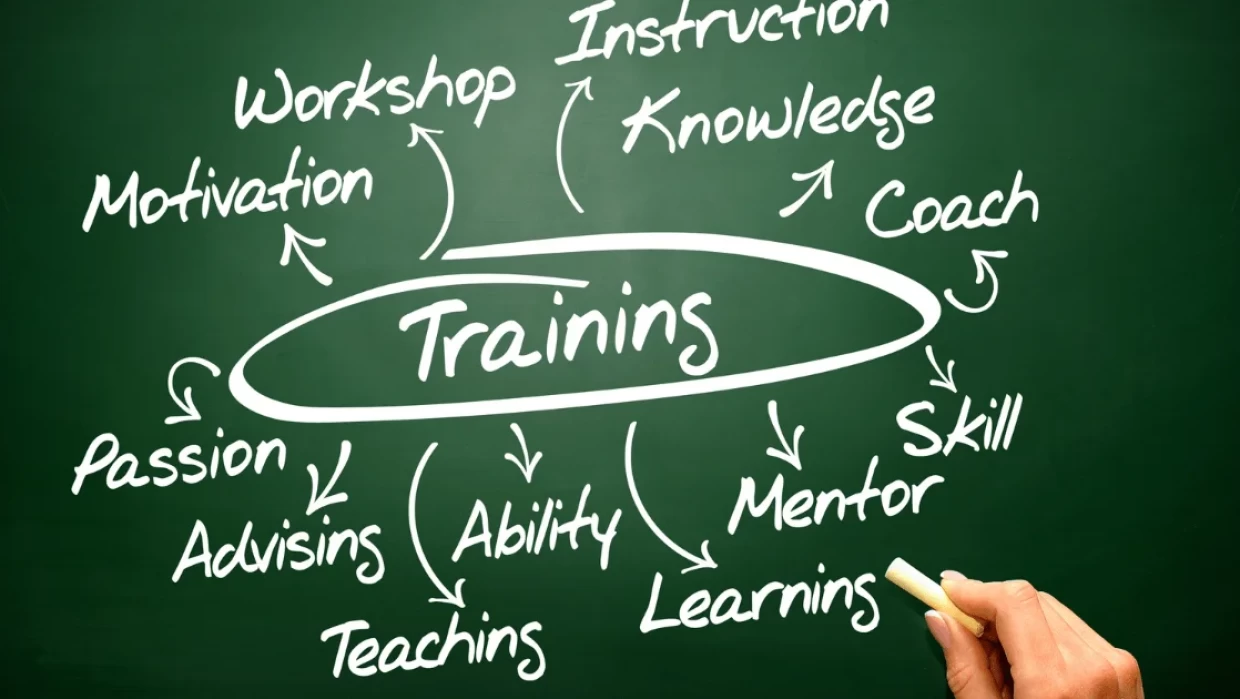


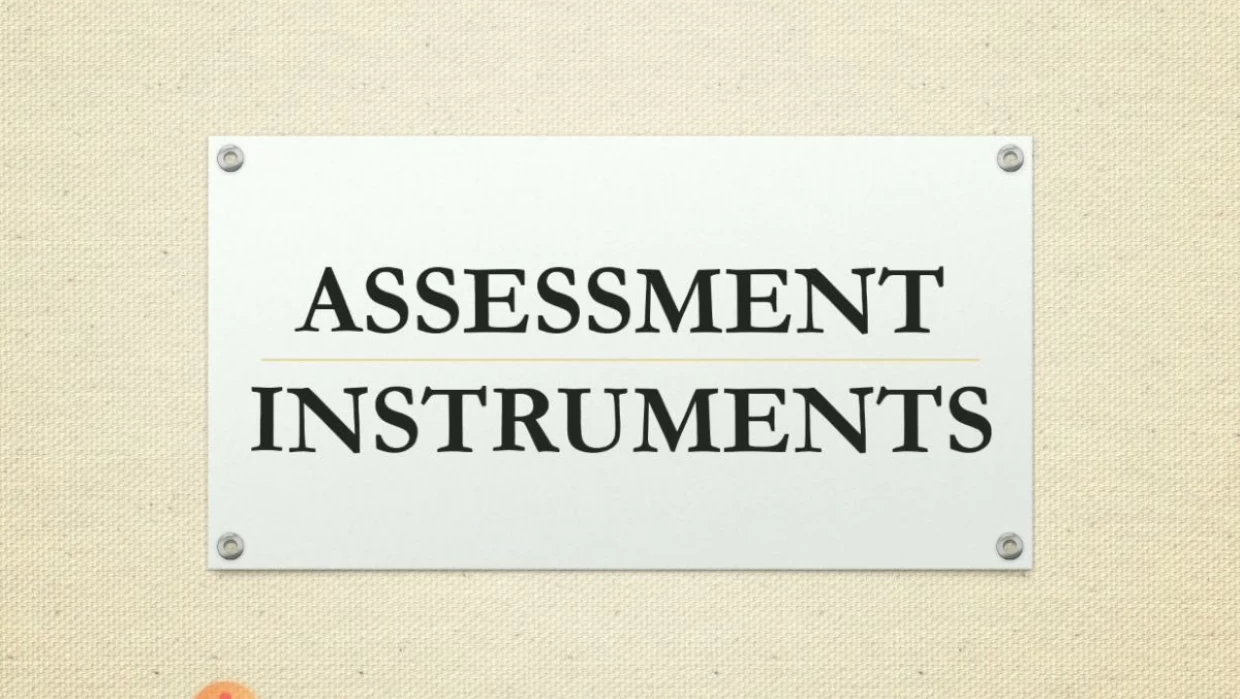




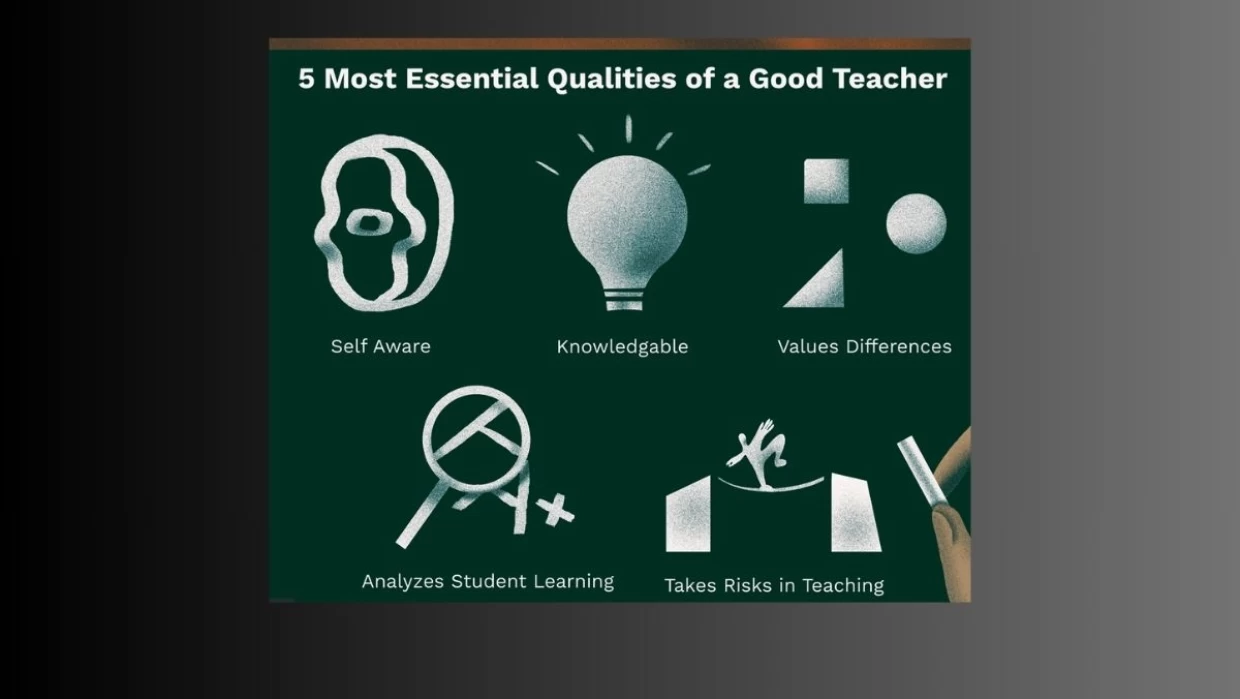
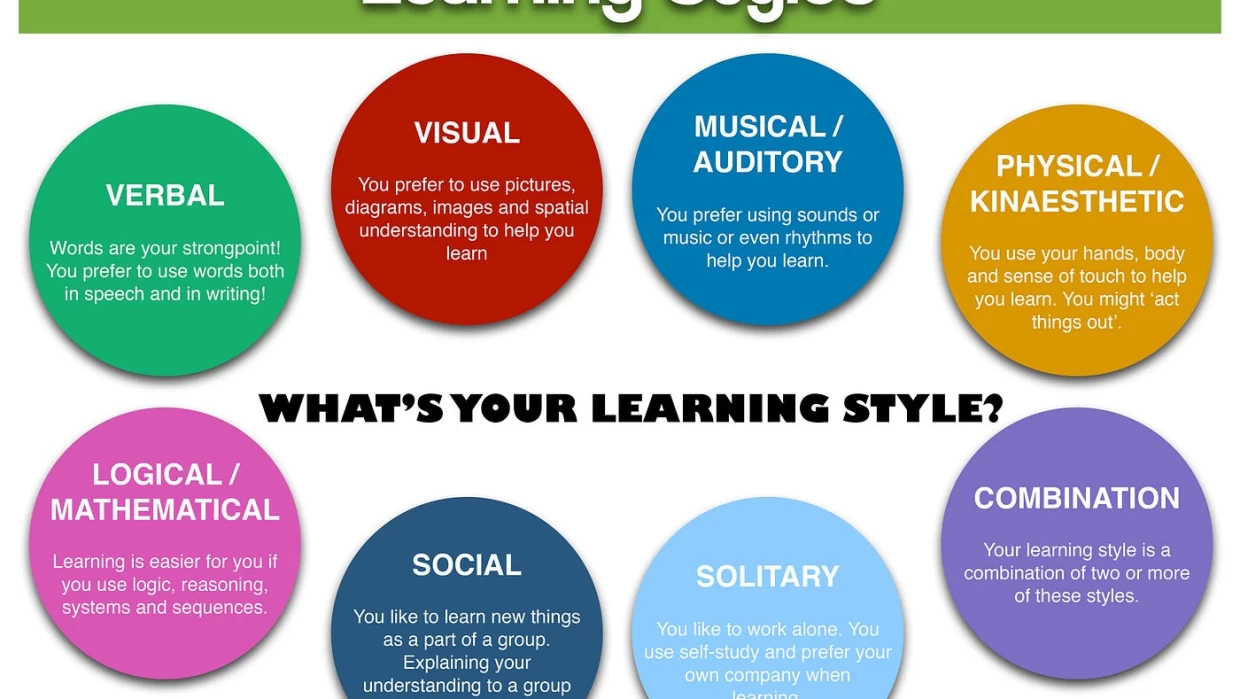
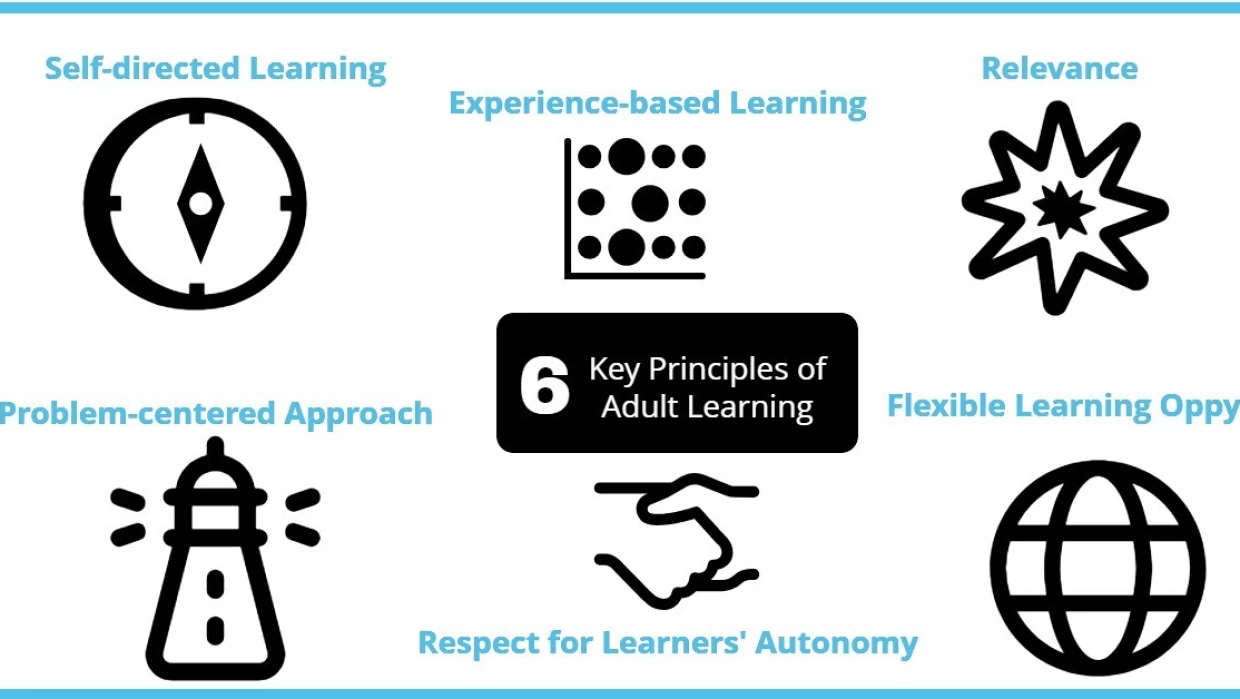














We would be delighted if you could get in touch with us.
Your email address will not be published. Required fields are marked